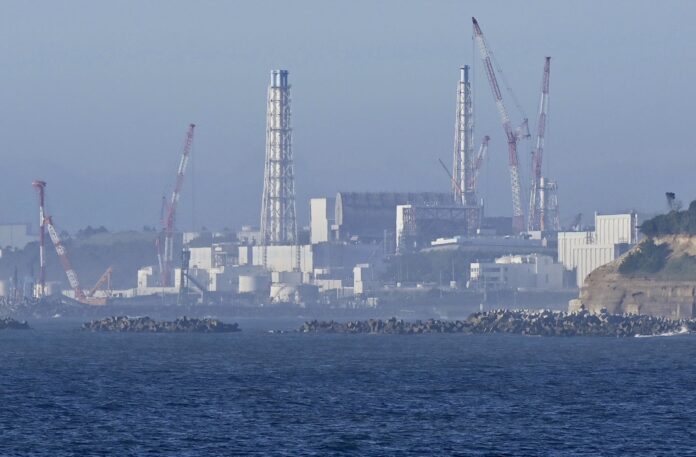Japan on Tuesday started the process of eventually discharging so-called advanced liquid processing system-treated water, or ALPS, into the sea and requested the power firm TEPCO to promptly prepare for the event.
This was learned from Japan Ambassador to the Philippines, Koshikawa Kazuhiko, who said weather or sea conditions permitting, the day of the discharge is expected on Thursday, 24 August.
Earlier in July this year, the International Atomic Energy Agency (IAEA) published a comprehensive report saying the plan to discharge ALPS treated water into the sea and associated activities are consistent with relevant international safety standards, and that the discharge has negligible radiological impact on people and the environment.
Japan, the diplomat said, has provided information to the international community in a transparent manner based on scientific evidence, with an emphasis on providing sufficient data.
Nevertheless, he acknowledged there are some who questioned the IAEA report.
“I believe this is evidence of their disregard for science and such moves will only hamper global cooperation in utilizing nuclear energy and jeopardize international cooperation to ensure its safety,” the diplomat said.
He cited a spokesperson of the Ministry of Foreign Affairs of China who once said that “the study of origins is a scientific matter that should be conducted jointly by scientists all over the globe and should not be politicized” in response to criticism of the WHO-China joint study of the origins of SARS-CoV-2.
Japan has exactly done this about ALPS treated water—leave the issue to the scientists to solve, the ambassador said.
“The IAEA also notes that the discharge into the sea is “technically feasible.” In more detail, we will manage the annual discharge volume of tritium so it will not exceed 22 trillion Bq, which is equivalent to the target discharge management value for the Fukushima Daiichi Nuclear Power Station before the accident. It is worth noting that other countries also discharge tritium into the sea in compliance with their own domestic laws and regulations; for instance, according to China Nuclear Energy Association website, China, discharging 112 trillion Bq from Yangjiang Nuclear Power Plant (NPP) in 2021. The amount of tritium in the ALPS treated water is far smaller than the amount of tritium discharged from many nuclear power plants and other facilities in other countries,” the ambassador said.
In addition, Japan will take all possible measures to ensure the safety of the discharge into the sea even after it begins, and will not discharge anything that could adversely affect the health or environment, he added.
After the start of discharge into the sea, Japan will continue to conduct three types of monitoring (monitoring of treated water in tanks, real-time monitoring, and sea area monitoring) in a multilayered manner with the involvement of the IAEA, and if some event occurs, such as radioactivity levels exceeding standards, appropriate measures, including not discharging or suspending the discharge, will be taken.
The information and experience gained in this long and difficult process of decommissioning a nuclear power plant will be shared to help solve similar problems that the world may face in the future.
Having gone through unprecedented hardships since the Great East Japan Earthquake, the Government of Japan has been and will continue to provide the necessary information in a transparent manner in close collaboration with the IAEA and will continue efforts to gain further understanding from the international community, while scientifically refuting politically motivated opinions, the ambassador said.







